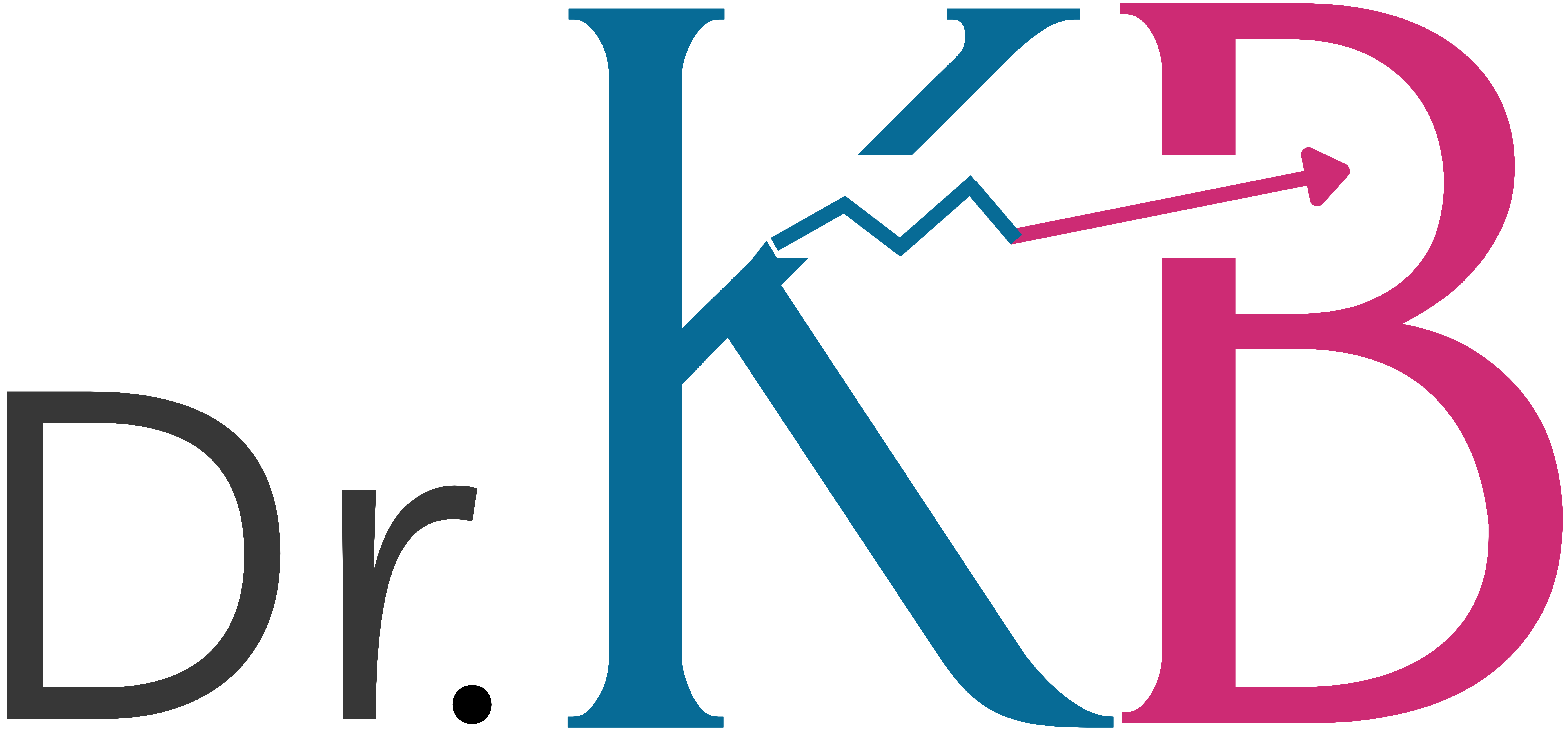How To Know If You Need a Physician Career Transition Coach
The process of leaving clinical medicine can be stressful and overwhelming.
A physician career transition coach can help you figure out your next best-fit career, create a structured job finding process, and support you when challenges arise.
But not everyone who wants to leave clinical medicine needs a coach.
Here are 5 questions to help you figure out if working with a career coach is right for you.
1. What career transition phase are you in?
You may benefit from working 1:1 with a career coach if one or more of these statements apply to you:
You’ve been thinking about a career change for several months to years but you’re spinning your wheels and stuck in analysis paralysis.
You’ve looked at many different alternative or non-clinical career options and you’re feeling confused.
You need help to figure out which career option is right for you.
You know what you want and have applied to positions but you’re not getting interviews
2. What specifically do you need help with?
The answer to this question can help you find the best-fit coach.
If you’re burned out and want to leave medicine ASAP, you might benefit from a therapist or a coach who has experience working with burned out physicians.
If you’re contemplating a career change but you don’t know what you want, you might benefit from a life or physician career coach who can help you explore what you want.
If you’re sure you want to leave clinical medicine, but don’t know what your options are, a physician career coach can help you explore different career options and show you how to apply for and land non-clinical jobs.
If you’ve been looking for jobs and you’re not getting interviews or you’re getting interviews but not landing jobs, you might benefit from a career coach who will review your resume and help you prepare for interviews.
The coach does not have to be a physician but should have experience working with physicians.
3. What are your expectations of career coaching?
Career coaching is a structured process during which the coach will help you discover what you want and teach you how to find your next role.
A coach cannot not do the work for you. Your journey to discover your next career is as important as the destination.
The thing about coaching that’s magical is you will get to know yourself deeply. The coach asks questions to help you choose the skills, talents, and experiences you want to take with you into your next career. They will help you get clear on your values, lifestyle preferences, and explore different job options. A seasoned career coach will also help you navigate the practical aspects of landing your next role.
4. Do you have the resources to engage fully in the career coaching process?
Career coaching is an investment in yourself. It requires time, energy, and financial resources.
You will need 5-10 hours per week to focus on your career transition. In the early stages, this time may be used to figure out and explore career options. Later, the time is for job searches, writing resumes and cover letters, interview preparation, and networking.
Physician career coaching rates vary and depend on the experience of the coach and the services they provide. The 1:1 programs cost more than group programs or courses and provide more individualized support.
5. Are you ready to commit to coaching?
What commitment do you want to make to yourself?
When you commit to the coaching process, you’re making a commitment to prioritize your career transition. It’s an opportunity to take ownership of your life and career. Be prepared to be delighted and transformed!
If you’re ready to move forward with your career transition, have the resources to invest in yourself and commit to the process, connect with a career coach!
A great career coach won’t tell you what you should do. They help you figure out what’s best for you and show you how to get there.
A verse to contemplate at the career intersection
May I have the courage today
To live the life that I would love,
To postpone my dream no longer
But do at last what I came here for
And waste my heart on fear no more.
John O’Donohue (excerpt from A Morning Offering)
This thing that I am unhappy about… is it actually hard to change or is it simply hard to have the courage to change it?
Source: James Clear Newsletter 3/9/23

